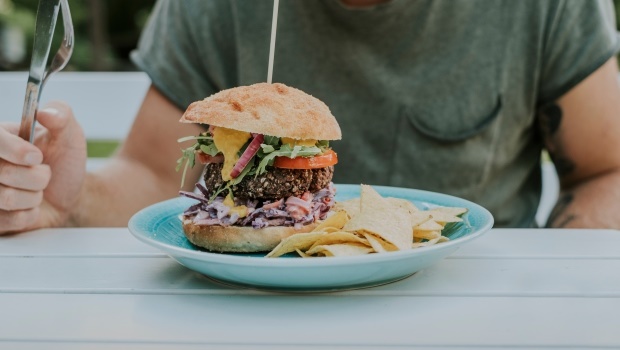
If you can’t stay away from chips, deep-fried food, burgers and pizza, don’t feel too guilty. The chances are good that it has more to do with your genes than your ability to say no thanks.
This according to a study done by Cambridge University in England. Researchers found that a gene mutation occurring in certain people makes fatty food irresistible to them.
The mutant gene can also cause carriers to find healthier versions of their favourite treats not as satisfying.
“Our work shows that even if you tightly control the appearance and taste of food, our brains can detect whether it’s fatty or healthy,” said one of the researchers to Popular science.
One in every 100 people allegedly has the gene that makes fatty food irresistible.
To test their theory the researchers arranged an eat-as- much-as- you-can buffet. Ten of the 54 people taking part in the experiment had the gene that made them extra- fond of food with plenty of kilojoules and a high fat content.
The participants could choose from three types of curry, each of which – without their knowledge – had a different fat content. They had to taste all three curries and decide which was tastiest and continue eating that one.
The result was that participants with the gene mutation ate nearly twice as much of the high-fat curry as those without the gene.
The good news is that carriers of the gene weren’t necessarily as fond of sugar as they were of fat.
When the experiment was repeated with desserts of cookies, cream and strawberries, the gene carriers ate more of the dessert containing the least sugar.
“Most of the time we eat foods that are both high in fat and high in sugar. By carefully testing these nutrients separately in this study, and by testing a relatively rare group of people with the defective MC4R gene, we were able to show that specific brain pathways can modulate food preference,” says Professor Sadaf Farooqi from the Wellcome Trust-Medical Research Council Institute of Metabolic Science at Cambridge University.
Sources: Nature Communications, The Telegraph, Popular Science




 Publications
Publications
 Partners
Partners
















